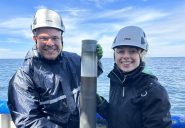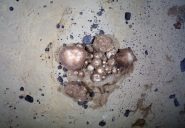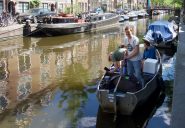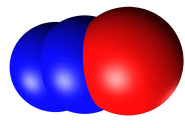
A quest for methane-eating microbes This summer, a team of international researchers sets out for the Bothnian Sea on research vessel Pelagia, the Dutch flagship for marine research. The aim
/ read more


A quest for methane-eating microbes This summer, a team of international researchers sets out for the Bothnian Sea on research vessel Pelagia, the Dutch flagship for marine research. The aim
/ read more
Researchers discovered a massive sponge garden thriving on the bottom of the Arctic Sea. On the bottom of the Arctic Ocean, over 700 metres deep, researchers discovered a thriving garden
/ read more
NESSC-study discovers new microbes living in the canals of Amsterdam that consume methane gas. Scientists of Radboud University and Utrecht University investigated how much methane gas the canals in Amsterdam
/ read more
More research in the unknown role of microbes in thaw lakes is urgently needed, a new review paper by NESSC-scientists underlines. Permafrost areas across the globe are slowly thawing
/ read more
Anaerobic microbes produce more nitrous oxide (N2O), a strong greenhouse gas, with rising temperatures, a new research article published in Nature Climate Change shows. The researchers also find that
/ read more